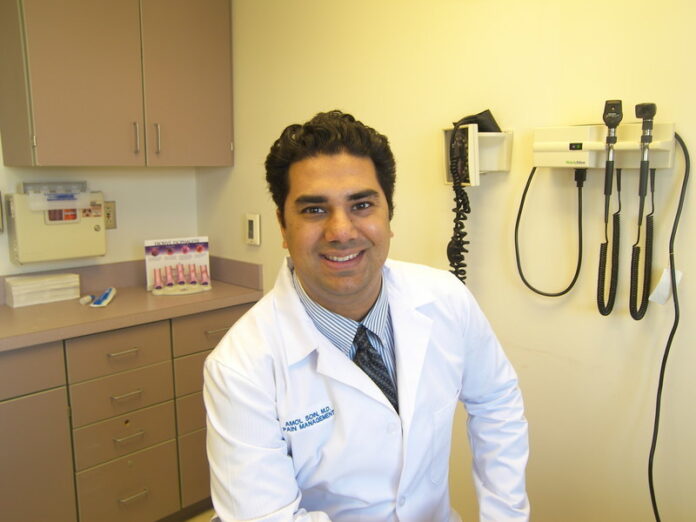
DAYTON, Ohio–Motility Medical, a biotech startup that is developing a novel neuromodulation device to treat the millions of Americans who suffer from chronic constipation, has started human trials for their prototype device.
The Motility Medical device interfaces with nerves and muscles to facilitate bowel activity without the use of oral pharmaceuticals.
Cofounder and CEO, Jennifer French is no stranger to the plight of paralysis after her snowboarding accident left her with a spinal cord injury. Determined not to let that slow her down, Jennifer was a silver medalist in the London Paralympics in 2012. Seeing an opportunity to help people in similar situations who suffer from neurogenic bowel dysfunction, the team at Motility Medical is using their knowledge of neuromodulation to develop a revolutionary device to treat constipation in people with spinal cord injuries. The device is also likely to help the broader spectrum of people suffering from chronic constipation.
“Over 63 million Americans experience chronic constipation, and more than half are women. However, the average prevalence of constipation is 30% among people living with neurogenic bowel dysfunction, but with spinal cord injury, it increases to 95% prevalence,” said Jennifer, who also noted that the market opportunity for all patients with constipation is rather large with this device.
Dr. Amol Soin, CEO of Soin Neuroscience Inc (SNI), with assistance from the Motility Medical team, developed a prototype device in his Dayton, OH, research facility at SNI. Dr. Soin is also a cofounder of Motility Medical and the current principal investigator of the on-going clinical trial. Dr. Soin noted that “The results thus far have been excellent. We have been able to see a trend toward restoration of normal bowel function in all of our tested participants. This novel therapy has never been done before and potentially changes the paradigm in how we treat chronic constipation, as well as neurogenic bowel dysfunction due to spinal cord injury.”
One of the first study participants named Teresa, from Dayton, OH, is one of Dr. Soin’s longtime patients. She suffered a spinal cord injury after a head-on car collision which left her paralyzed from the middle of her back down to her feet. Teresa suffers from neurogenic bowel dysfunction and said, “This device will give me my life and dignity back. Something like this will be so impactful to my quality of life.” She had a successful bowl movement on her own after testing the device in the clinical trial.
“Our next steps are to continue with human testing of spinal cord injury patients and others who suffer from chronic constipation, to get more data, refine the algorithm, and eventually obtain FDA clearance,” Jennifer said.

